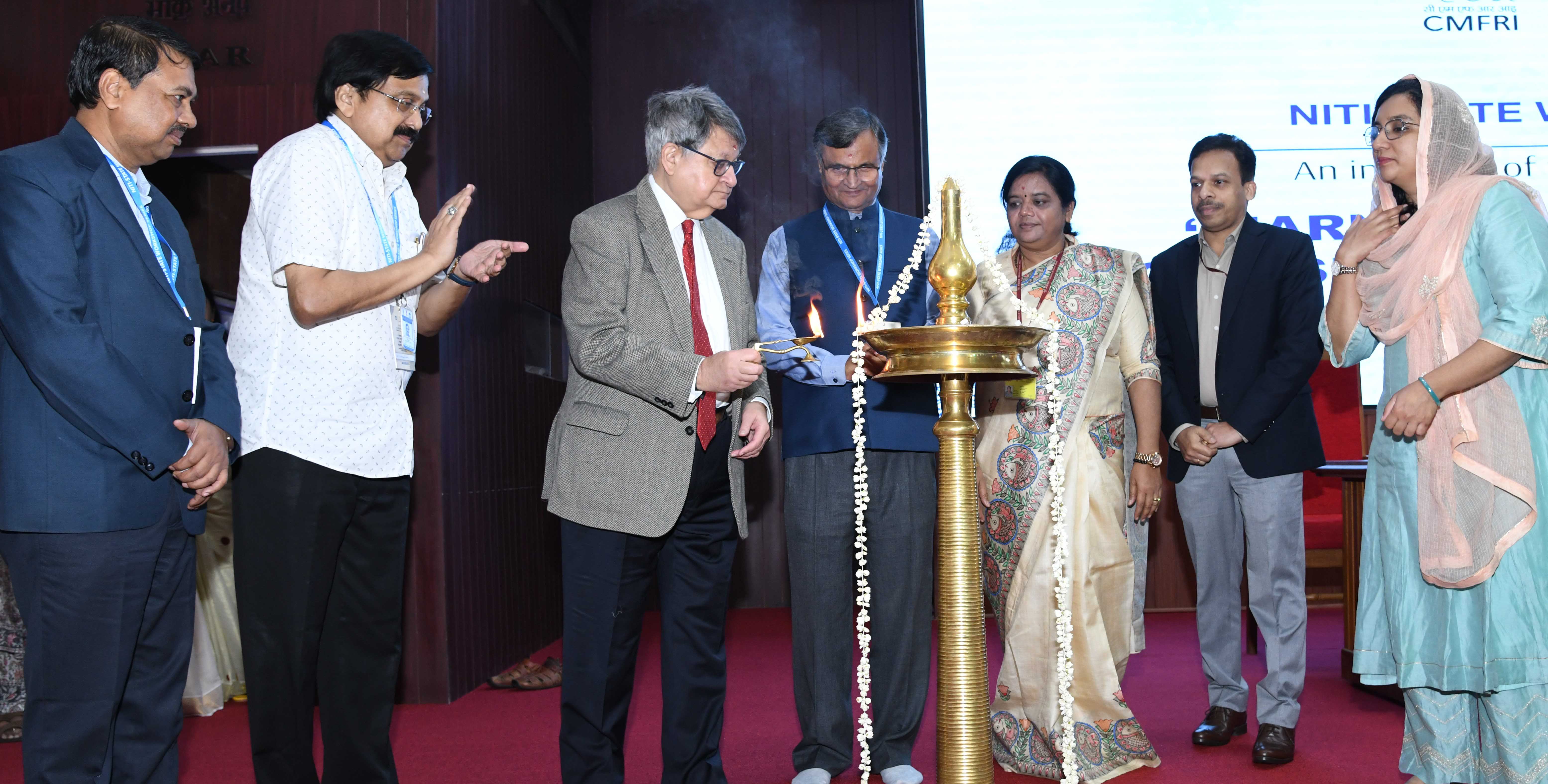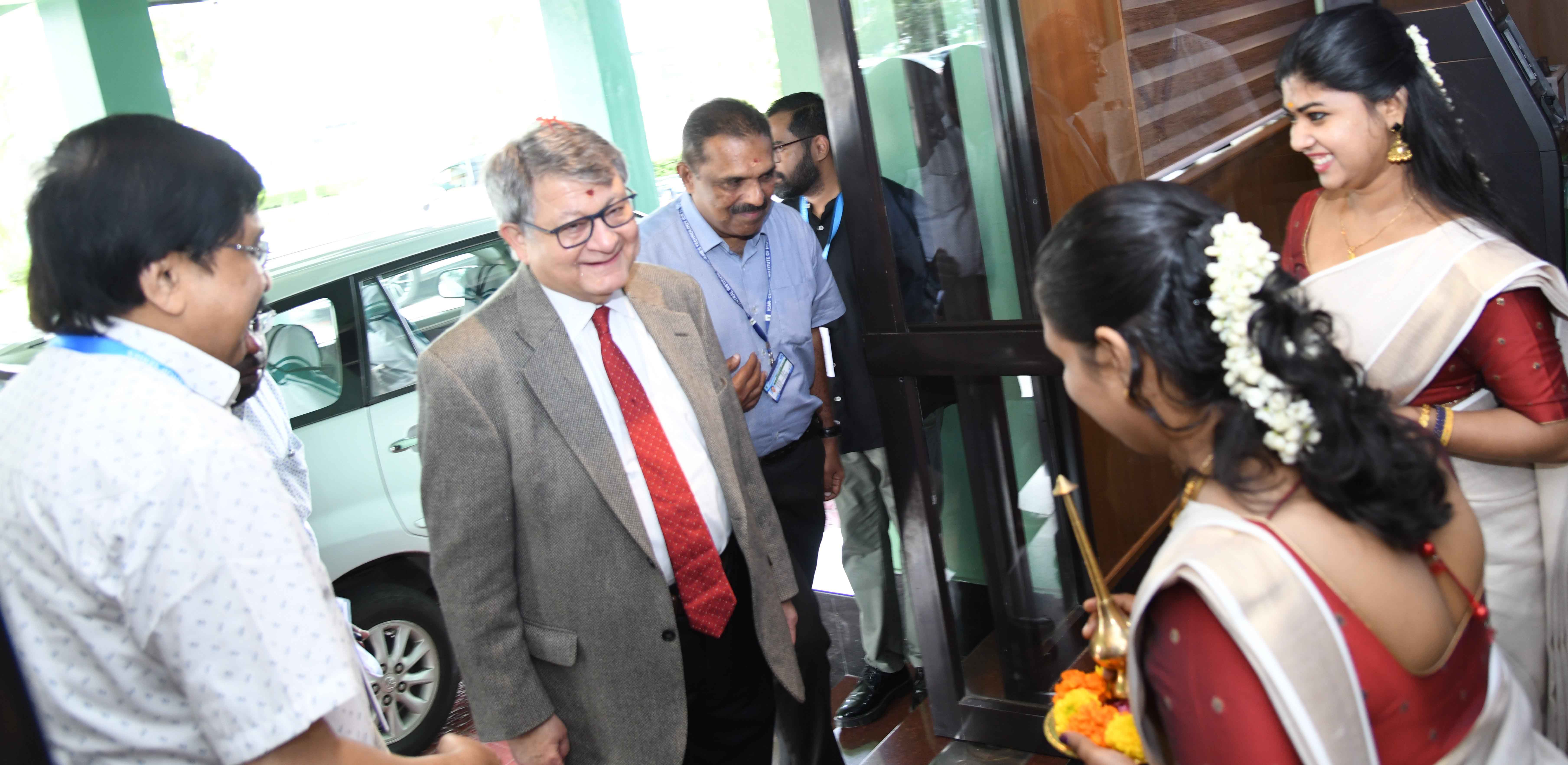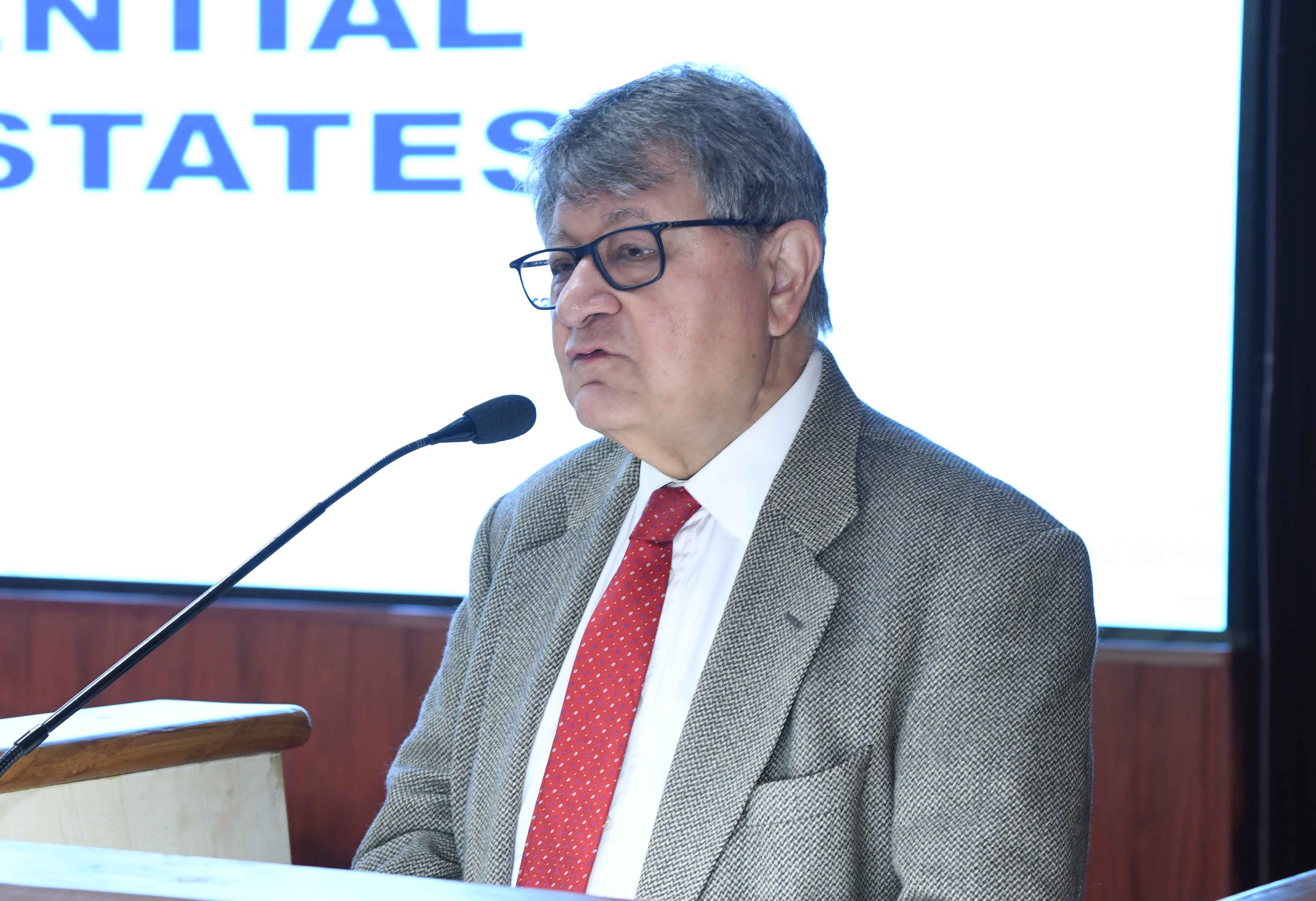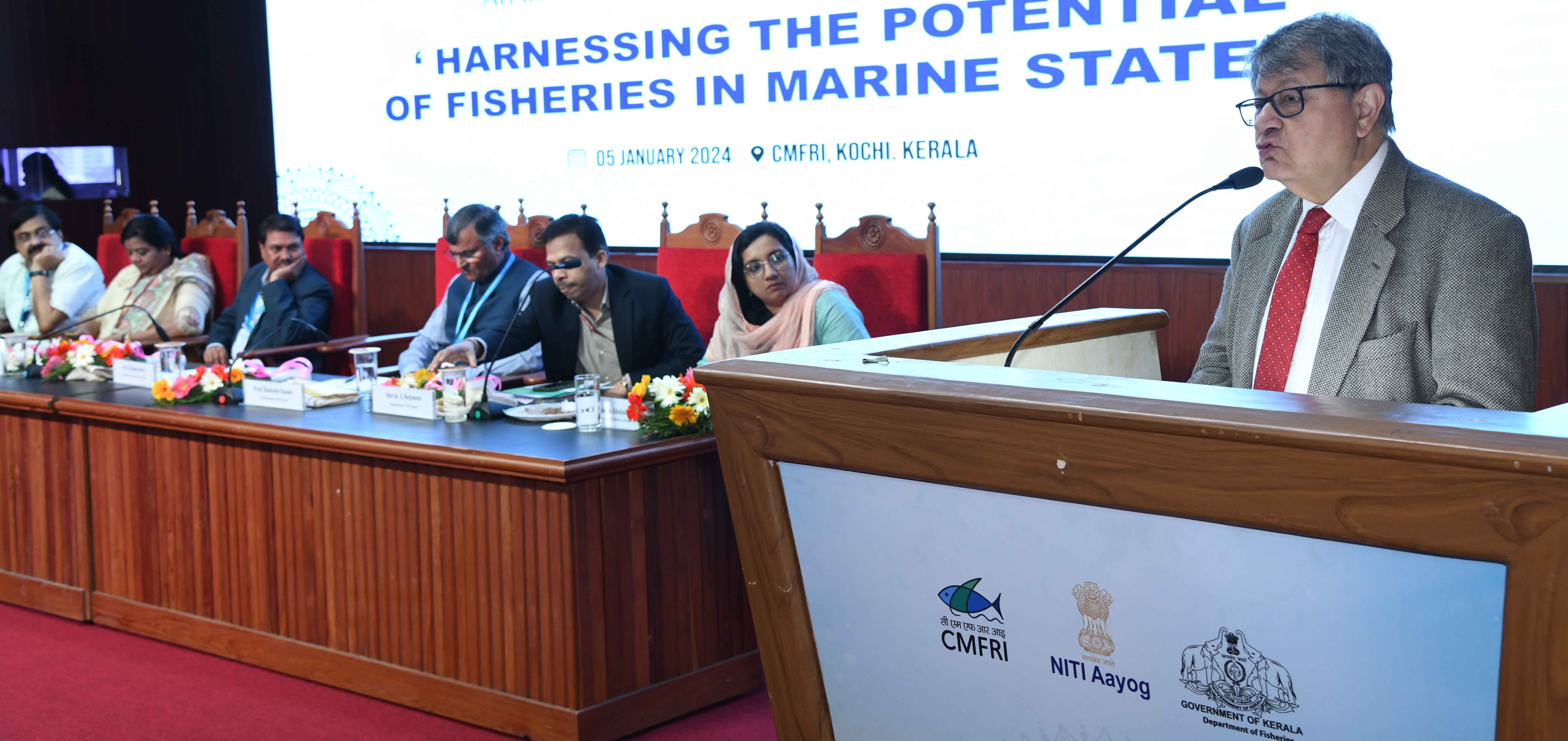Special Service and Features
AI could help address challenges in marine fisheries, says NITI Aayog Vice Chairman
Posted On:
05 JAN 2024 5:48PM by PIB Thiruvananthpuram
Kochi: Jan 5, 2023
Emphasising the role of technology as a vital growth driver, NITI Aayog Vice Chairman Suman Bery said the application of frontier technologies like artificial intelligence could help address the challenges in the marine fisheries sector.
He was speaking after inaugurating a high-level national workshop jointly organised by NITI Aayog, ICAR-Central Marine Fisheries Research Institute (CMFRI) and Kerala Fisheries Department at CMFRI on Friday.
He stressed the importance of understanding the dynamics of demand for prioritising production strategies. Given that demand for fish was on the rise, innovative strategies to enhance productivity were required, Mr Bery said, adding that demand was the driving force of the economy. He also pointed out that Kerala was leading in many ways, saying that the problem of aging populations in the state had to be addressed.
The workshop was held to discuss relevant issues in marine fisheries, develop tailored strategies, and forge partnerships among the coastal states to address the challenges and explore the prospects.
Flagging concern on the increasing trend of disparity among the states, NITI Aayog member Prof. Ramesh Chand said the growth of fisheries was highly imbalanced while it was much higher in Andhra Pradesh compared to most other maritime states. “Fish production in Andhra Pradesh is 50% higher than the total production of five states, namely Gujarat, Maharashtra, Kerala, Tamil Nadu and Karnataka combined,” he said, adding that this had to be addressed with greater attention.
He also said that the growth of demand for fish doubled in the past decade ending 2022, compared to the previous decade ending 2012. “Fisheries has a promising export share in agriculture and food commodities”, Prof. Chand added.
On measures to boost seafood export, Prof. Ramesh Chand proposed enhancing value addition and cutting-edge processing innovations in the sector. “Major chunks of India’s unprocessed seafood including shrimps and tunas are exported mainly to Vietnam, Thailand and Tunisia for onward re-export from there after substantial value addition. By setting up of state-of-the-art processing facilities, India can harness the unexplored value-addition potential of seafood for earning greater foreign exchange,” he said. He further suggested a slew of measures, including partnerships between fishermen and the industry, investment and marketing.
Dr J K Jena, Deputy Director General of Indian Council of Agricultural Research (ICAR) pitched for exploring untapped potential of oceanic and deep-sea resources. Citing the estimated harvestable potential of 2.1 million metric tonnes (MT) of oceanic and deep-sea resources, he said that this would offer a potential new frontier for commercial fisheries. Dr Jena emphasised the importance of ensuring quality and enhancing the skilled capacity to utilise the prospects of deep-sea fishing.
The workshop provided a platform for experience sharing among marine states, enabling open dialogue on the challenges faced and potential solutions. Discussions on critical aspects of certification and sustainability, market linkages, value addition and seafood export, and the challenges in the fishing and seafood industry were held.
NITI Aayog Joint Secretary K S Rejimon, Senior Advisor Dr Neelam Patel, Senior Consultant Dr Babitha Singh and CMFRI Director Dr A Gopalakrishnan spoke on the occasion. Representatives from the Governments of Kerala, West Bengal, Odisha, Andhra Pradesh, Gujarat, Maharashtra, Goa, Karnataka, Tamil Nadu and Andaman and Nicobar took part in the discussions. A diverse array of key stakeholders, including policymakers from the Central and state governments, leading industry experts and researchers attended the workshop.




(Release ID: 1993570)
Visitor Counter : 277